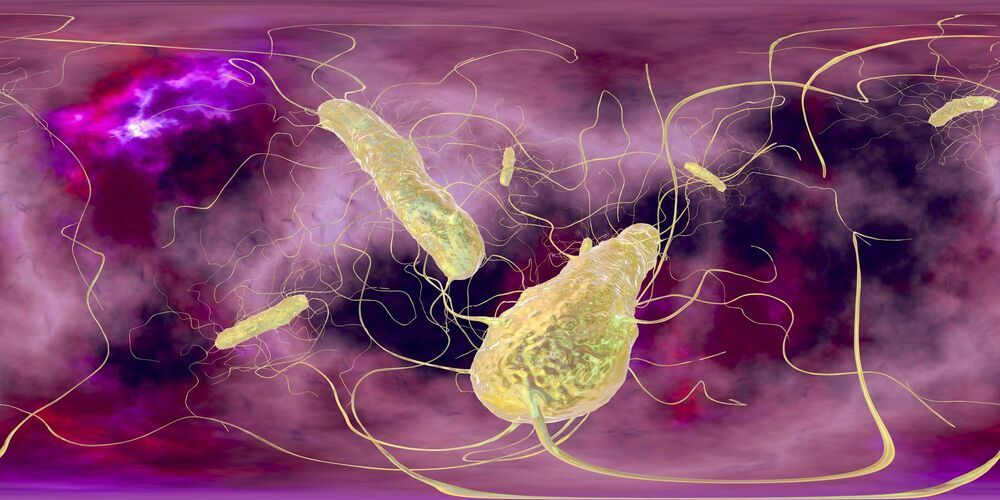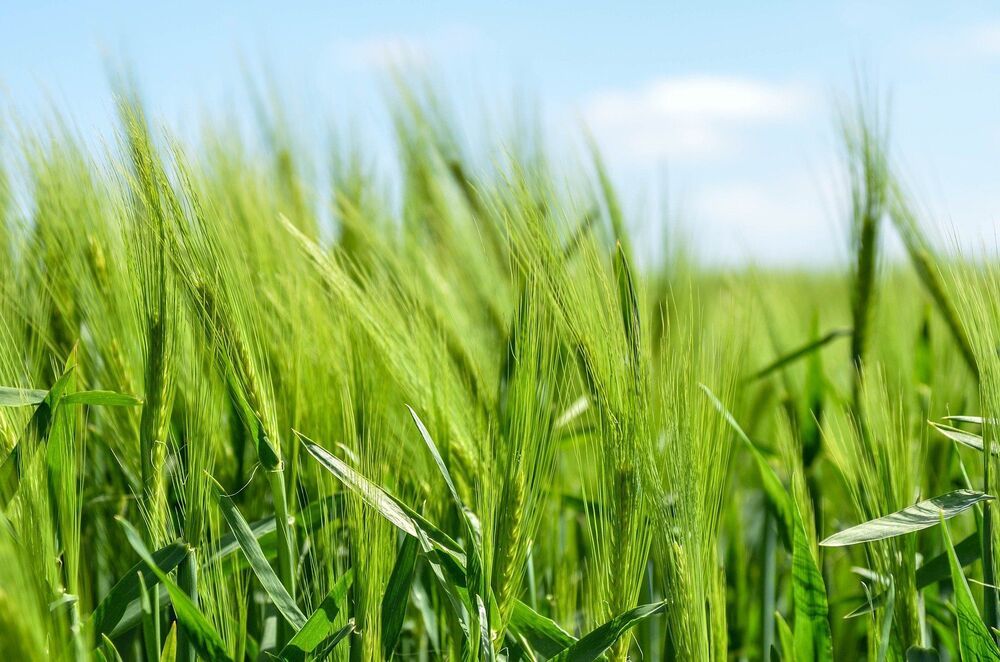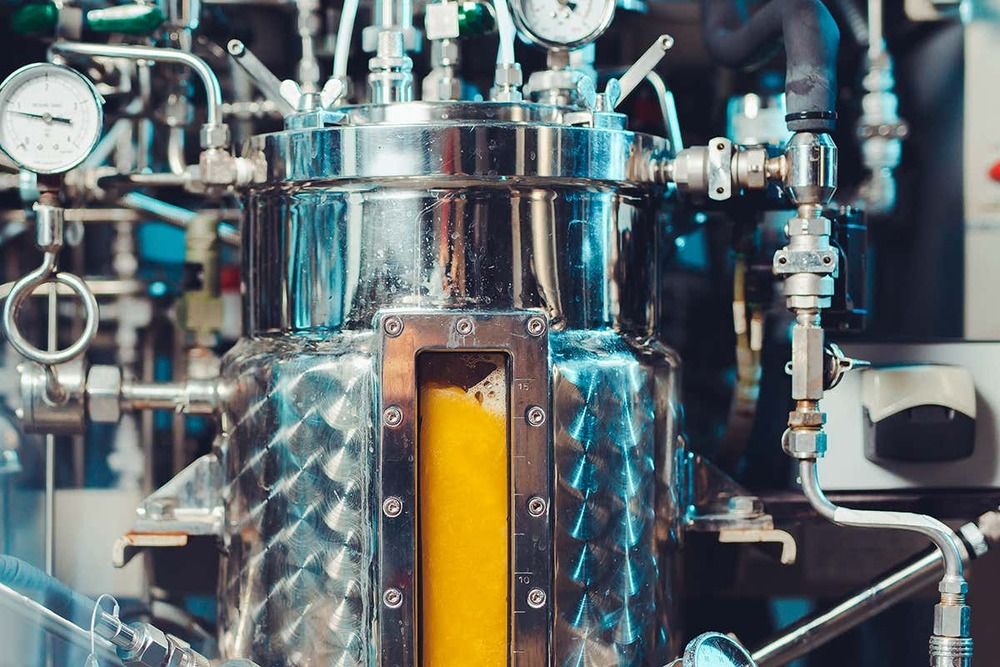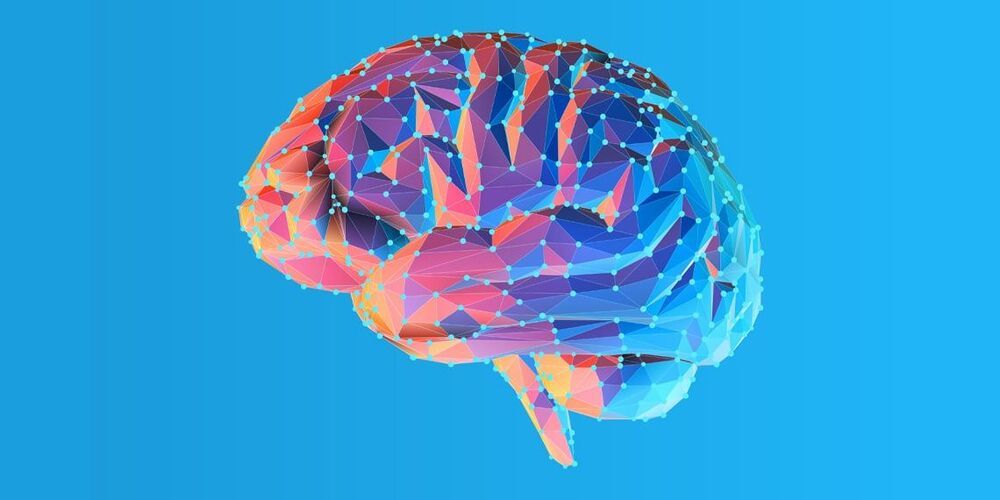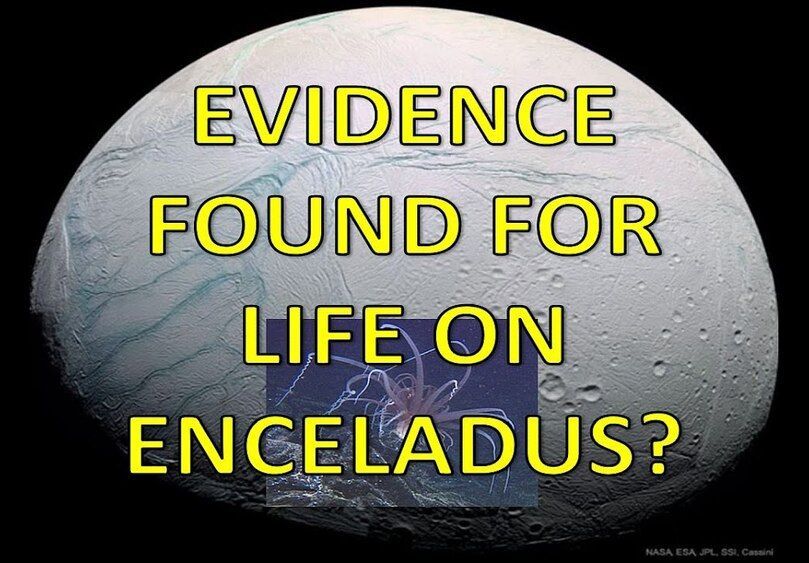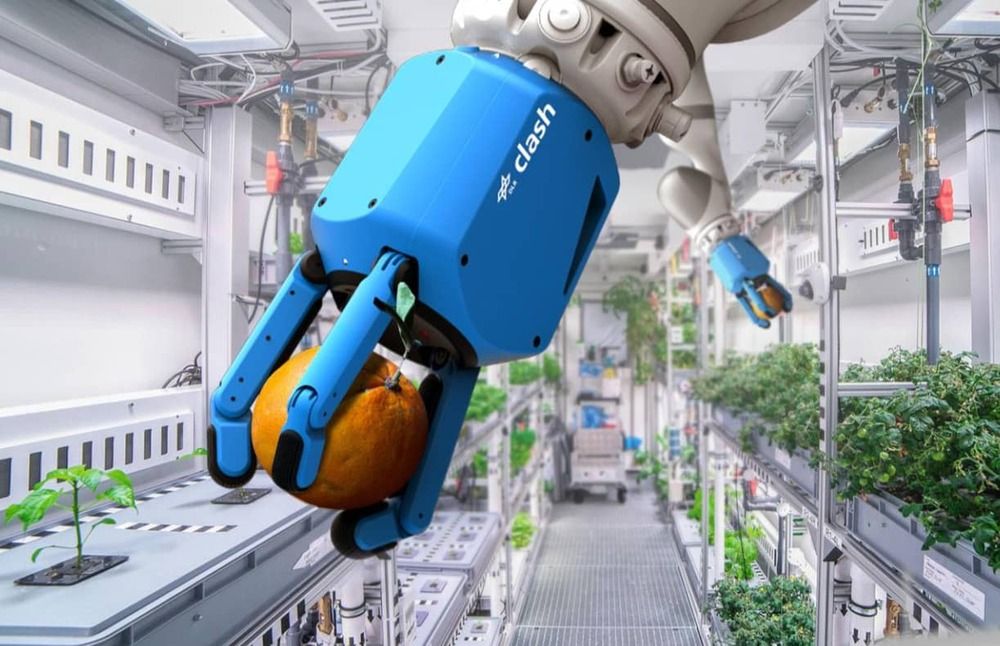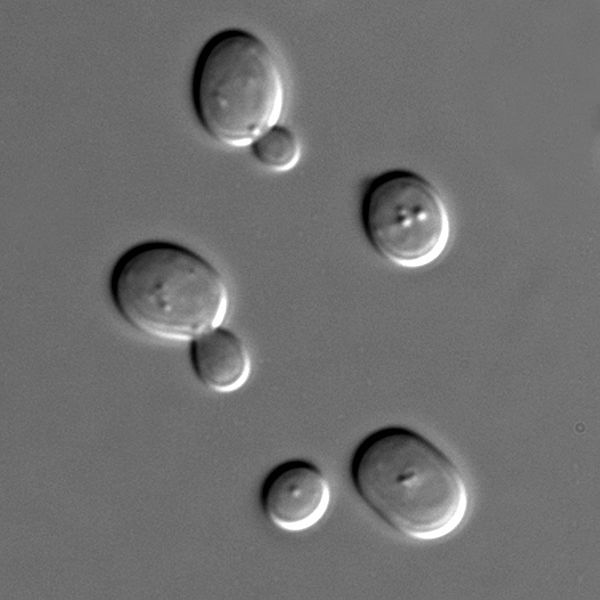Jun 24, 2021
Pathogenic gut bacteria linked to weight loss from low-calorie diet
Posted by Jason Blain in categories: biotech/medical, food
The same bacteria that cause inflammation also trigger weight loss.
A new study investigating how a low-calorie diet alters gut microbial populations is reporting unexpected results. The findings reveal a strange relationship between extreme caloric restriction and increased levels of a pathogenic bacteria linked to inflammatory bowel disease.
The research began by recruiting 80 overweight or obese subjects. Half the cohort were directed to maintain a stable weight for 16 weeks, while the other half completed a medically supervised weight-loss program including eight weeks of a very low calorie diet (800 kcal per day).
Continue reading “Pathogenic gut bacteria linked to weight loss from low-calorie diet” »
